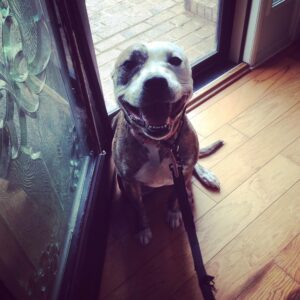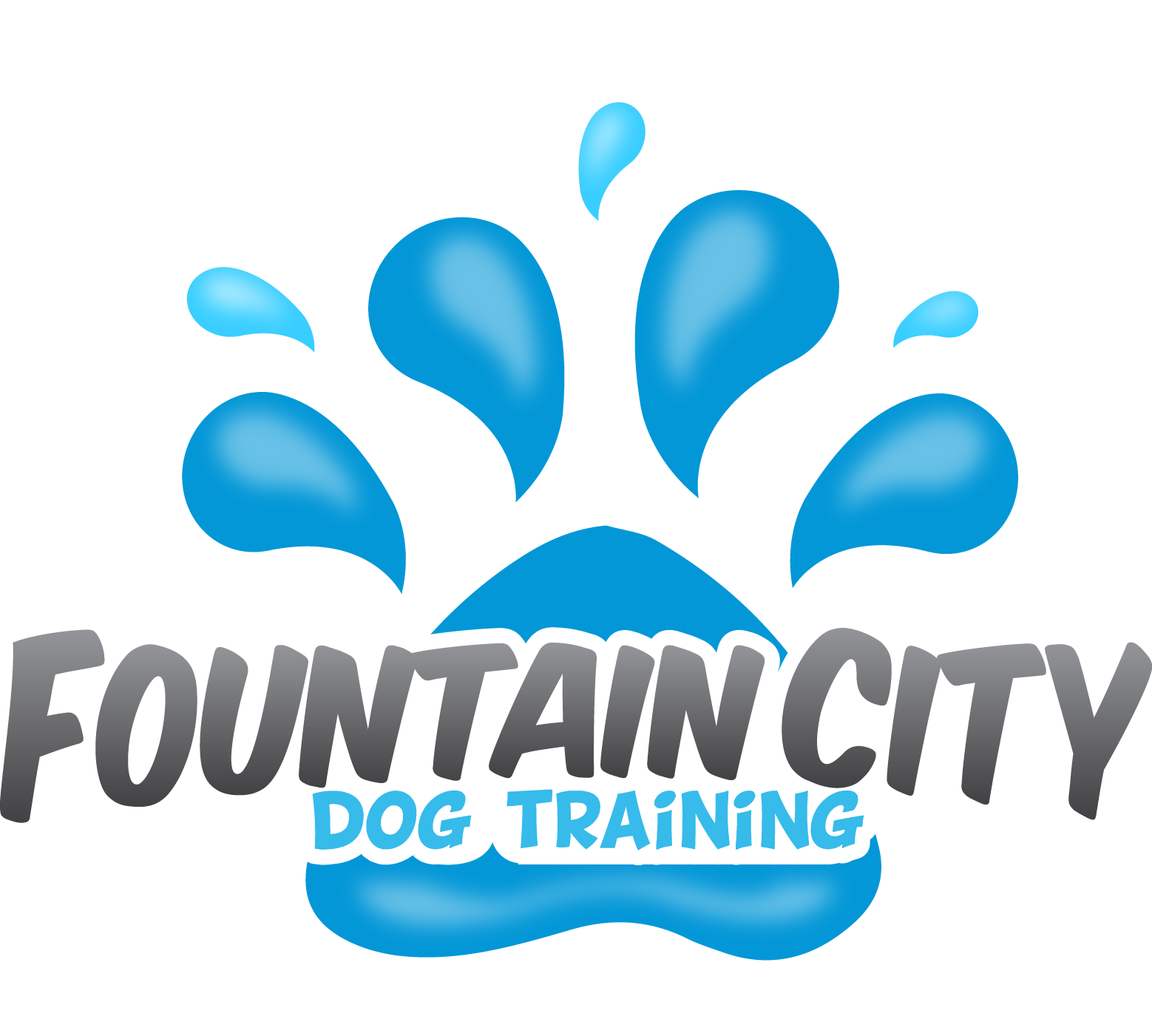Training “Rescue Dogs”
As a professional dog trainer, I have worked with numerous dogs from a variety of backgrounds. Many dogs I work with are those rescued and adopted from shelters or non-profits, while some other dogs might purchased from a breeder. To me, it doesn’t matter where a dog comes from…ANY dog can and should get proper training in order to adapt and live happily with their new family and home.
 With “rescue dogs”, sometimes there’s some apprehension about seeking training. On the other hand, some rescue dog owners might also be eager to find a professional dog trainer, as a rescue dog might have a dodgy background when they were at the shelter, or prior to their time there. Due to the chaotic changes of being a rescue dog (ie: possibly being surrendered, abused/neglected by previous owners, and just the loud environment of an animal shelter), many rescue dogs might be more skittish, nervous, hyper, anxious, or aggressive. This is not to say that dogs that come from breeders don’t come with, or develop behavioral problems themselves. With rescue dogs though, sometimes they come with a checkered past, or even a mysterious one where owners or the shelter have no idea what kind of life the dog has had prior to being picked up.
With “rescue dogs”, sometimes there’s some apprehension about seeking training. On the other hand, some rescue dog owners might also be eager to find a professional dog trainer, as a rescue dog might have a dodgy background when they were at the shelter, or prior to their time there. Due to the chaotic changes of being a rescue dog (ie: possibly being surrendered, abused/neglected by previous owners, and just the loud environment of an animal shelter), many rescue dogs might be more skittish, nervous, hyper, anxious, or aggressive. This is not to say that dogs that come from breeders don’t come with, or develop behavioral problems themselves. With rescue dogs though, sometimes they come with a checkered past, or even a mysterious one where owners or the shelter have no idea what kind of life the dog has had prior to being picked up.
Training a rescue dog doesn’t have to be more difficult or daunting then training a breeder dog. Even a rescue dog that has gone through trauma can still succeed in behavior training and learn to be a happier, confident, and behaved dog. Even if your rescue dog shows intense fear and is not adjusting well to change, training will the best thing they could get, as it shows them how to overcome their fears, acclimate to a schedule and their new lifestyle, and to avoid problematic behaviors, such as poor greetings, leash reactivity, aggression problems, separation anxiety, and more.
If your rescue dog has any of the following issues, call us and we can help! It doesn’t matter how old your rescue dog is, or what breed they are, or what kind of life they lived before their adoption with you…change is possible!
- Aggression (ie: food, human, dog, child, toy/treat, leash, fear, etc.)
- Anxiety (ie: separation, with new people, crate, etc.)
- Leash pulling/reactivity
- Poor socialization skills
- Poor greeting manners and obedience
- Excessive behaviors (ie: chewing, barking, digging, etc.)
- And more!!!
To find the best training program for your rescue dog, browse through our training programs and give us a call at 816.897.2110, and our friendly expert office staff will help you select the best in-home program for you and your dog! You can also send us a message using our contact form.
